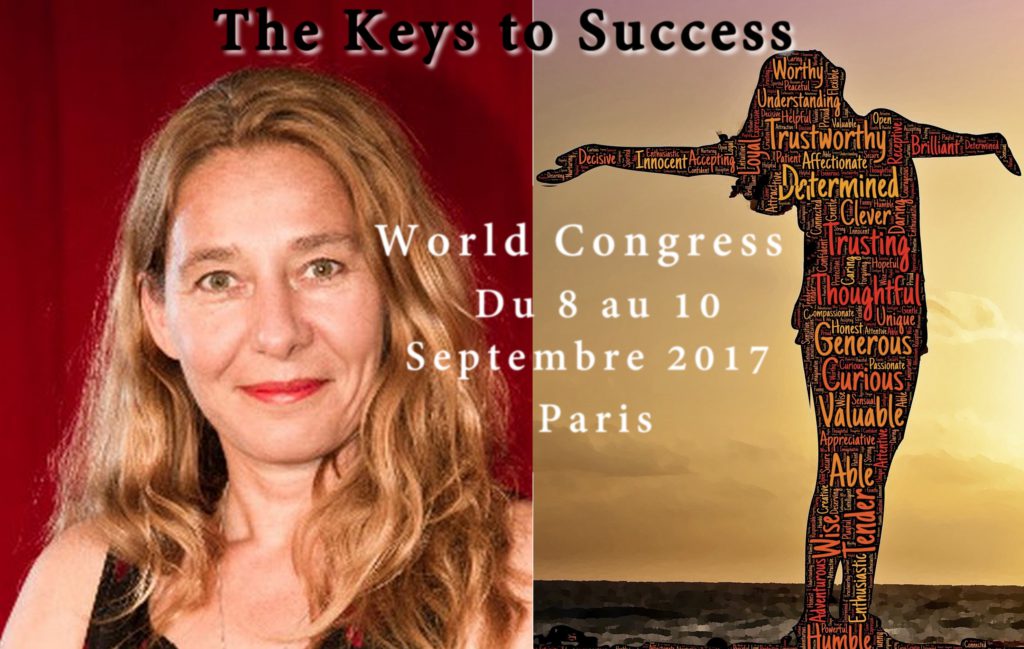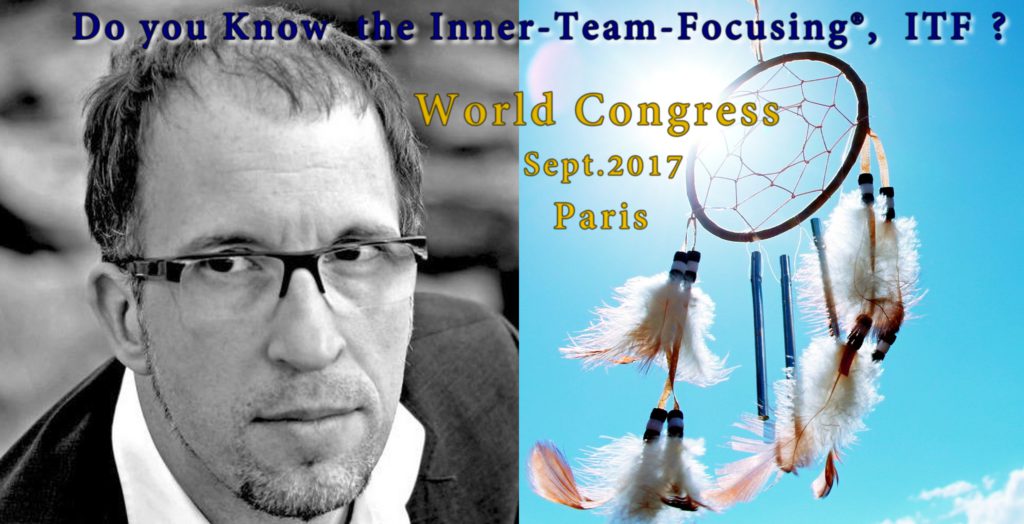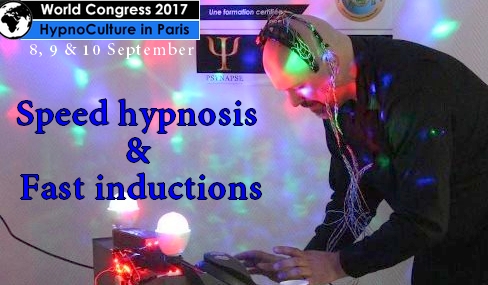
What is the myth of success? How do you develop your own success or failure myth? With what do you feel more comfortable? It would be useful to see more clearly, in order to know what are the essential elements, that make a successful therapy.
Getting good results or finding solutions, in a relatively short time, is a common goal, that all therapists have. On the other hand, patients also want to see radical changes.
Regardless the factors, success would seem to be the result of a learned recipe, that can be implemented in our sessions. Although there is no magic wand or a miracle protocol, Angela Bachfeld proposes us to have a look, during the World Congress 2017, at what researches reveal about this recipe.
And it is up to us, to be eager to know more, in order to avoid failure. And you, what would you add on your recipe? A pinch of hope, a hint of therapeutic relationship, a little placebo effect?
Join us at Angela Bachfeld’s conference, during the World Congress 2017. She is an experienced teacher, a great coach, a therapist and has been an international consultant, for more than 25 years.
As we are coaches and therapists, we are all eager to finally meet you and being able to share our recipes.
Register here, for the World Congress, from the 8th to 10th of September 2017 in Paris.




